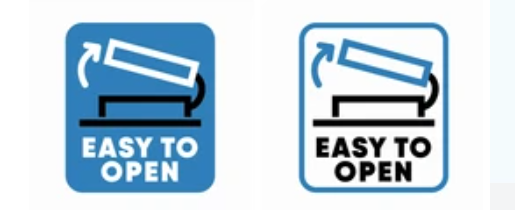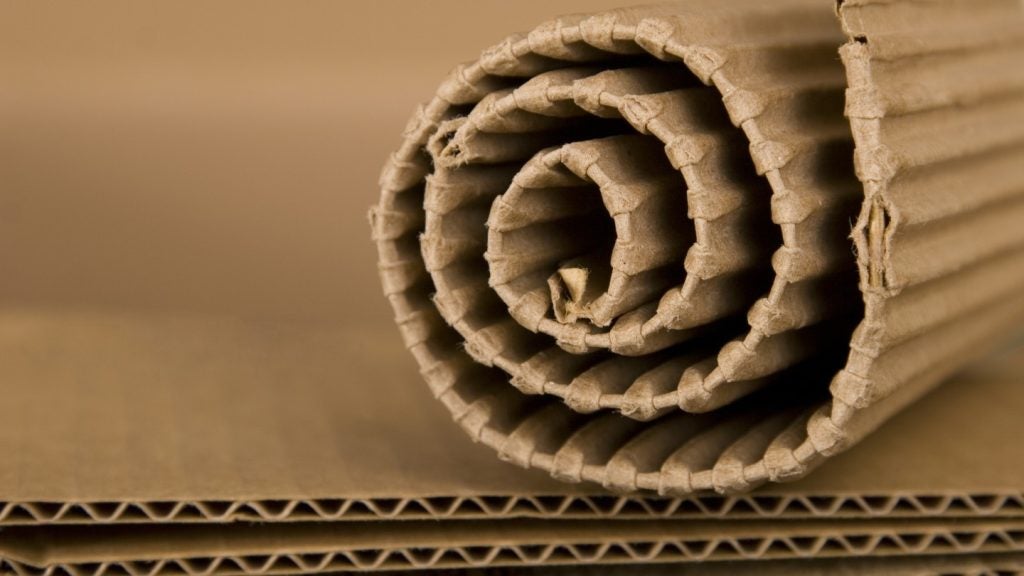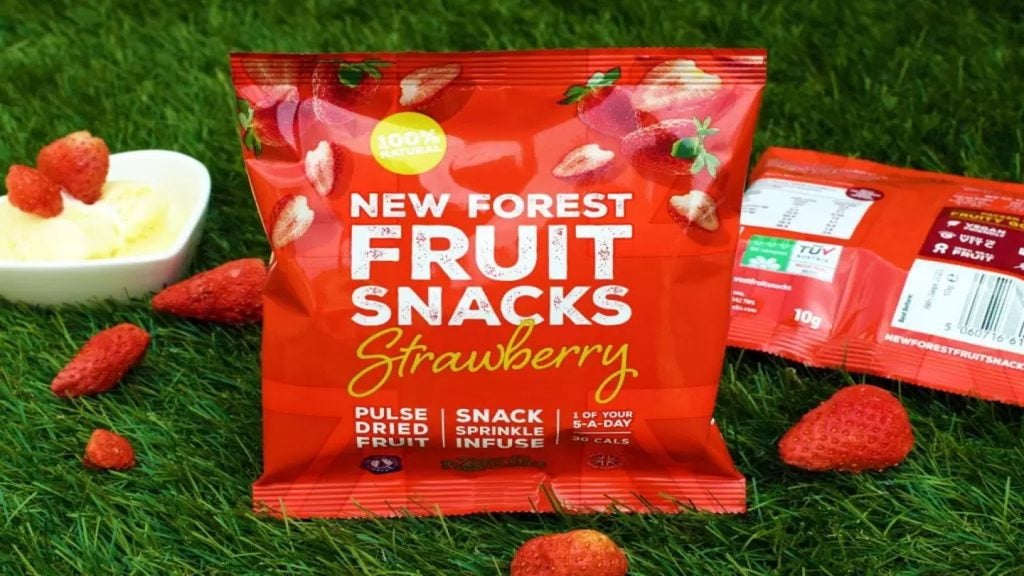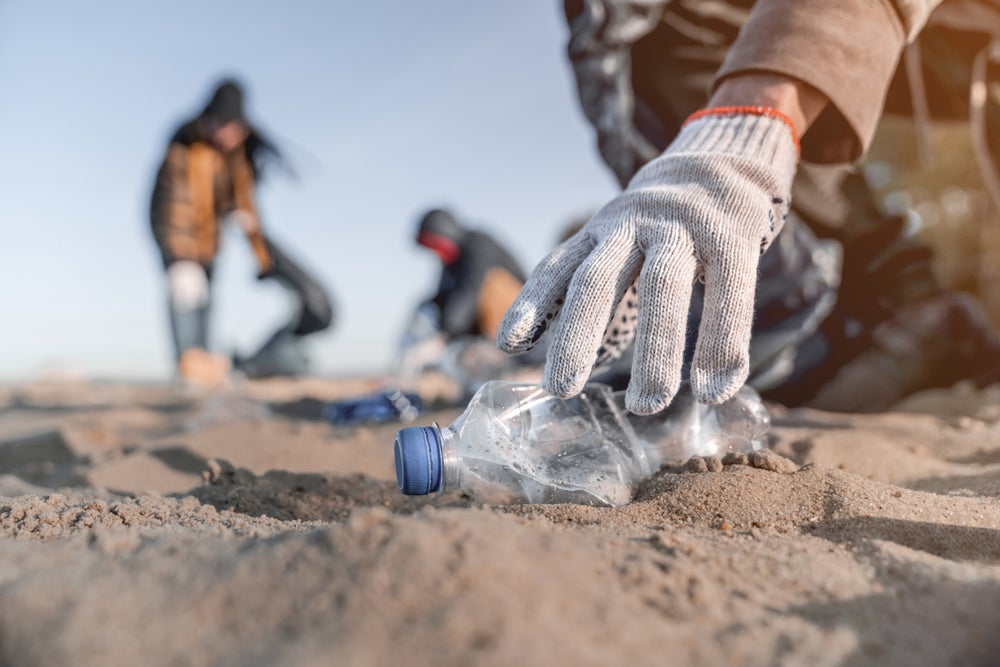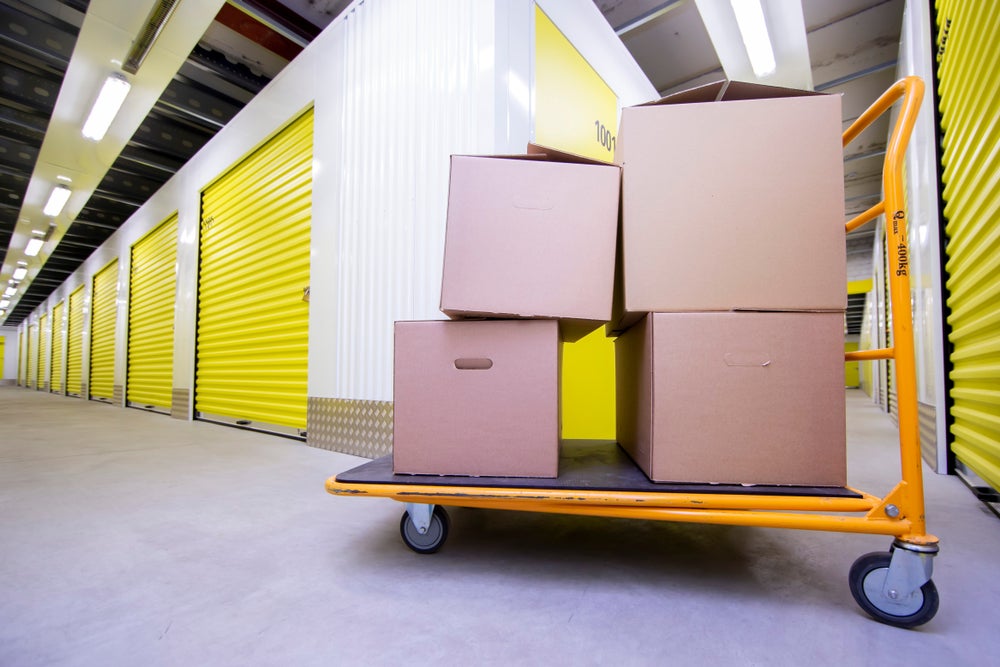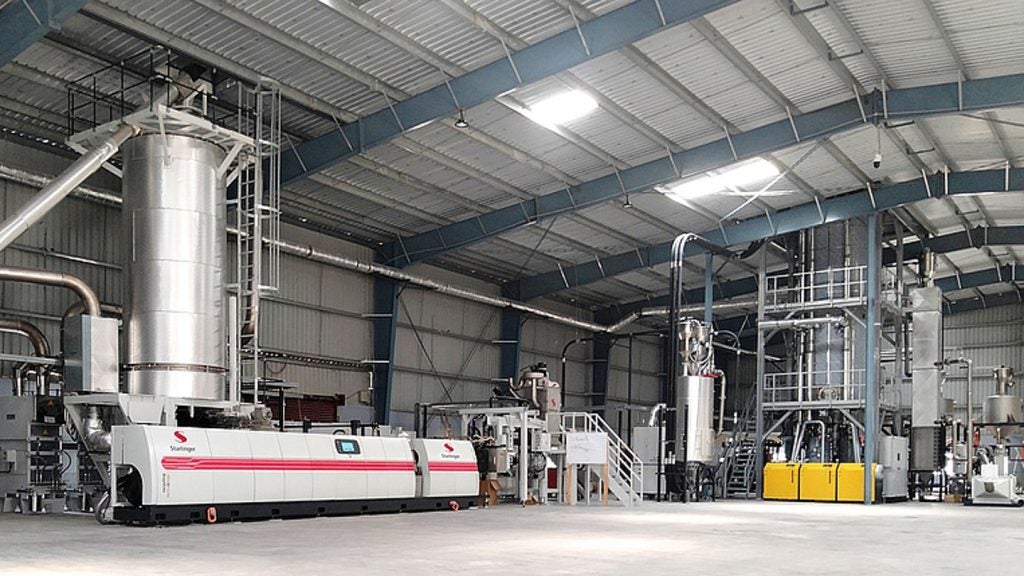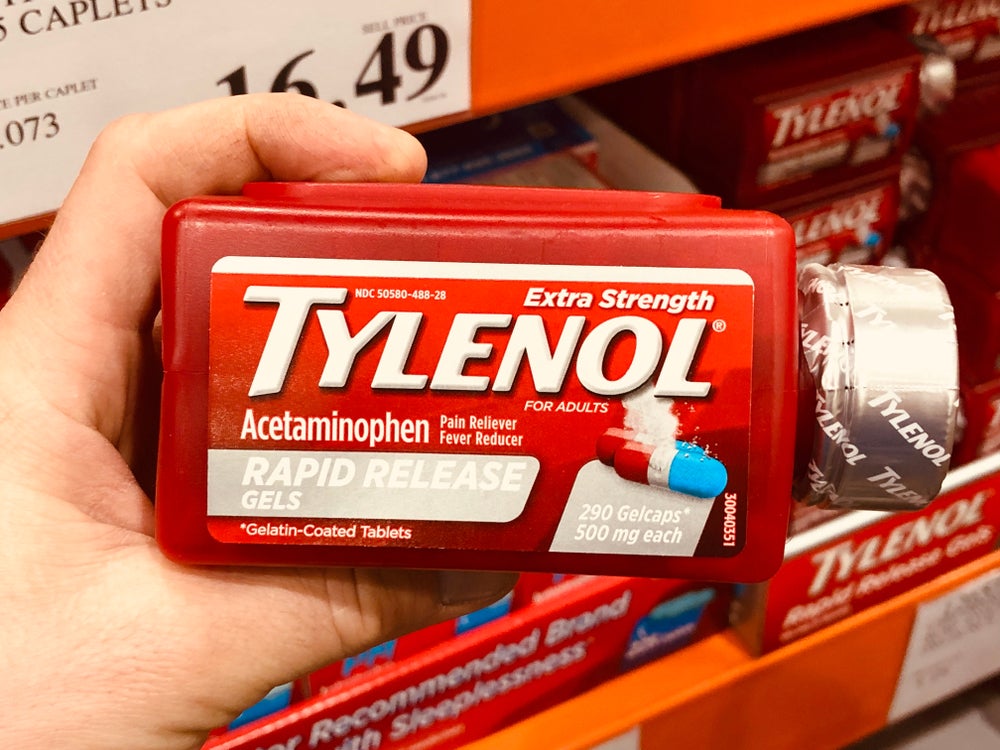When it comes to packaging, the ease of opening is often an overlooked aspect, but it can significantly impact the consumer experience. Traditionally, hard-to-open packaging has been the norm, causing frustration for consumers and often requiring scissors or even adult assistance.
However, recent developments in sustainable packaging are changing this narrative as manufacturers respond to calls for greater environmental consciousness.
Sustainability push leads to easier unboxing experience
Companies like Mattel, the maker of Barbie and the Lego Group, are leading the charge in adopting sustainable packaging practices. These changes include replacing plastic straps with more accessible alternatives, like elastic staples and paper ties.
Mattel's miniature Dr Jane Goodall Barbie doll exemplifies this shift, packaged with paper string on a plastic-free cardboard mount within a cardboard box—eliminating the need for scissors.
Similarly, the Lego Group has been introducing tear-off paper brick bags coated with a thin plastic lining, making it easier for kids to open them without assistance.
The company aims to have all sets packaged in paper bags by 2025, a move that showcases how sustainability can enhance the overall user experience.
Balancing sustainability and accessibility: a work in progress
While the shift towards sustainable packaging has shown positive results, not all companies have struck the perfect balance between sustainability and ease of use.
Nature Valley, owned by General Mills, faced criticism when its new wrapper for Crunchy granola bars proved more challenging to open than its previous packaging.
Nevertheless, some companies have found unexpected benefits in their sustainable packaging choices. For example, Upward Farms' switch to a resealable film package made from recyclable plastic for microgreens reduced plastic usage, increased shelf life and made the packaging easier to reopen.
Surprising user-friendly features in sustainable packaging
In some cases, sustainable packaging innovations have led to unforeseen user-friendly features. Colgate-Palmolive introduced a recyclable toothpaste tube made of high-density polyethene without aluminium.
Interestingly, this new design inadvertently eliminated the crinkled, twisted-up look of used tubes, making them stand more easily on their caps and simplifying the dispensing process.
As consumers, regulators and shareholders continue to emphasise sustainability, the packaging industry is recognising the value of striking a balance between eco-consciousness and user experience.
Manufacturers are now embracing the challenge of creating packaging that not only reduces environmental impact but also enhances convenience for consumers, revolutionising the way products are unboxed.


